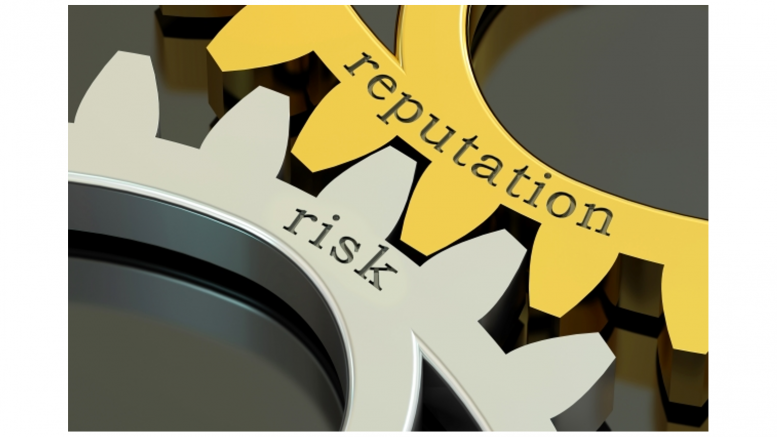A video of Mukesh Ambani, the chairman and managing director of Reliance Industries, endorsing a stock market forum was floated on social media last month. The investigation revealed it was a deep fake video created using artificial voice cloning technology. In another incident, former Tata Group Chairman Ratan Tata debunked a social media post which showed him recommending certain investments. A deep fake video showed a prominent news anchor of India’s one of the largest media groups promoting a casino gaming app. These are few cases of deep fakes targeting famous business and media personalities. As India commenced the world’s largest and most complex election drive, the intensity of disinformation has increased multi-fold. The proliferation of fake news is not only a challenge for governments. Corporations are also vulnerable to misuse of technology intended at harming their reputation. The amount of disinformation floating on social media platforms is enormous, and it is difficult for companies to track and debunk every false narrative floating in the public domain. PR alone cannot counter fake news effectively. Similarly, conventional crisis communications strategies are insufficient to curtail the spread of disinformation. Here role of the communications team becomes critical. Since fake news paddlers have become sophisticated and advanced, comms teams should increase their efforts and leverage technology to mitigate reputational crises. Here are a few strategies comms teams can implement to curb and debunk disinformation.
Early flagging
A majority of fake news is generated and spread on social media platforms. When the disinformation explodes and attracts millions of reactions, it can become a massive controversy. Develop a mechanism to identify and flag fake news on social forums before it converts into a national issue. Also, sometimes disinformation stems from a flaw or shortcomings of a product or service. If it is a genuine concern, admit it and make necessary amends. Refrain from avoiding critical voices as it may fuel the engines of fake news paddlers. Allow fair and transparent discussions to resolve the underlined issue.
Monitor Social Media
WhatsApp forwards are one of the prominent sources of disinformation. WhatsApp communication is protected by end-to-end encryption but design, i.e. a third person cannot access the chats unless shared by the group members. Companies do have a media monitoring mechanism as part of their communications strategy. However, they have limited scope for monitoring conversations in closed/private social forums. Companies may still monitor the conversations happening on automated WhatsApp groups to understand the sentiments. Focus on forging better connections with consumers and building trust to mitigate the impact of negative visibility due to disinformation.
Swift Action
When a controversy erupts, corporations sometimes opt for a no response strategy. It may work, and controversy may fade away eventually. However, when the disinformation is critical to the business, a swift response becomes necessary. Be proactive in busting myths with facts-based communication. Engage with fact checkers regularly. It is a collaborative effort among departments, such as comms teams, legal advisers and compliance experts. Ensure you have a robust internal comms mechanism to respond within the regulatory framework.
Leverage Owned Media
The best way to debunk disinformation is to feed information to the audience. Strengthen owned media such as websites, company blogs, newsletters, and official social media handles to counter fake news with facts. Leverage influencers’ marketing and collaborate with industry experts to counter false narratives. You may create a digital wall/ corner to post speeches/videos of your spokesperson to avoid misuse/misinterpretation of their audio/visual content.
The views and opinions published here belong to the author and do not necessarily reflect the views and opinions of the publisher.



Be the first to comment on "Mitigating Reputational Risks in the Era of Disinformation"